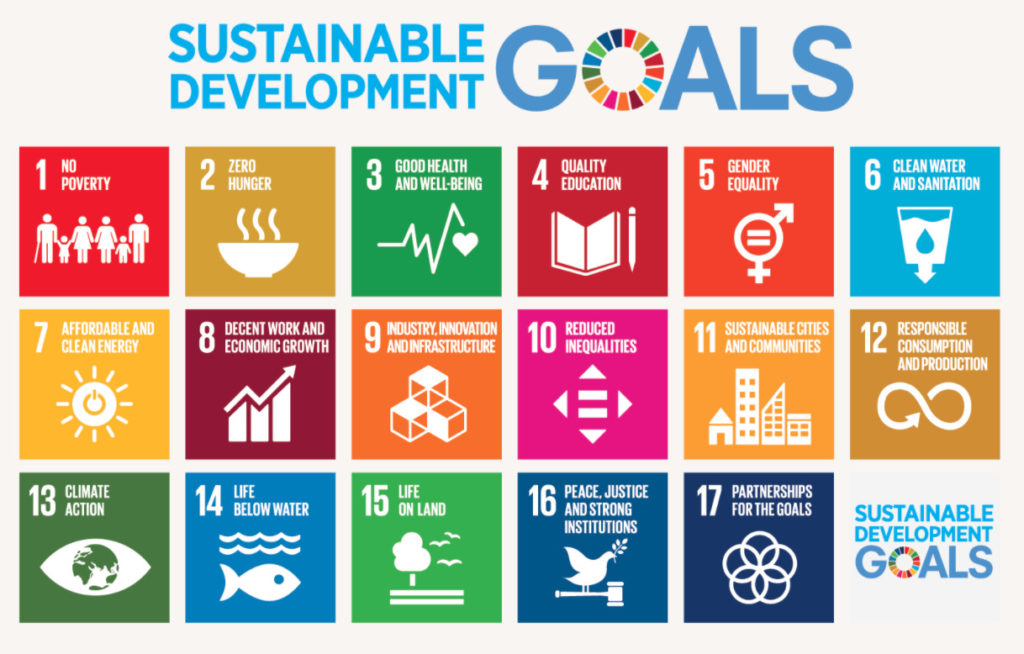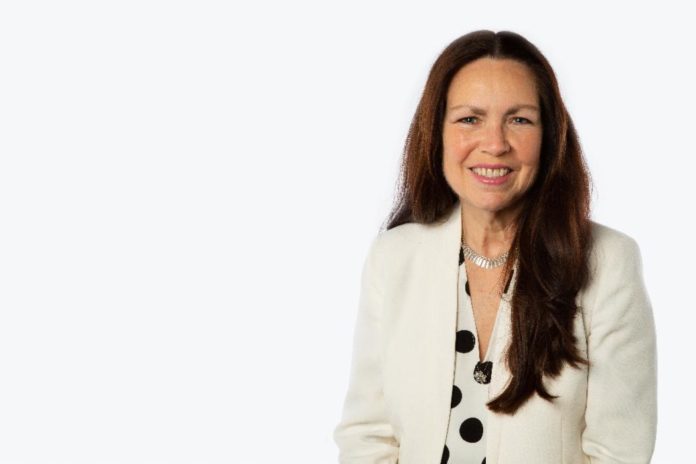The University of Canterbury (UC) has achieved first in the world for Sustainable Development Goal (SDG) 12 – Responsible Consumption and Production and placed 50th overall in the Time Higher Education (THE) Impact Rankings of 1,406 universities worldwide.
UC says the results are testament to years of coordinated planning, measuring and delivery across the university’s campuses.
“We are delighted with this result, which reflects UC’s commitment to sustainability action across research, education, engagement and operations, and reflects the priorities of our Strategic Vision 2020 – 2030,” said UC Pro Vice-Chancellor of Sustainability Professor Jan Evans-Freeman.
The United Nation’s 17 SDGs provide a roadmap for creating a more equitable and sustainable planet, providing targets for environmental sustainability, climate change action, economic growth, eradicating poverty and improving social equity.
Professor Evans-Freeman said UC’s number one result for SDG 12 reflected robust structural progress with strong policies, consistent measuring, and comprehensive reporting on operational activities.
She said the University reduced landfill waste by minimising use of plastic and disposable items, sending food waste to be composted and running a comprehensive recycling programme.

A standout project was repurposing coal ash as racetrack surface material instead of sending it to landfill. Ethical sourcing of goods and services, strong research output in this area and certification as a Fairtrade campus helped to achieve the world-beating result.
“We were number one in the world in SGD12 partly because we have an excellent annual Sustainability Report, a published commitment to accelerating our carbon footprint reduction, and demonstrable operational plans to do this, plus we have already reduced our emissions in the last ten years,” Professor Evans-Freeman said.
In only its second submission to THE SDG ranking, UC achieved 50th place globally.
“We did well overall as our commitment is very high and is backed up not only with plans and targets but is also supported by excellent research by our academics,” she said.
UC scored 11th in the world for SDG 13 – Climate Action earning 100% for the environmental education component of the assessment. Education initiatives included co-operative planning for climate change disasters, informing national and local government and work in the Antarctic.
UC also ranked well on SDG 15 – Life on Land scoring 29th globally, again scoring 100% for the education component. UC’s Biodiversity Plan, work with partners on the Nigerian Afromontane Forest project, free educational resources and outreach, and fee-based courses on sustainable tourism and agriculture all contributed to this result.
Participating in the ranking is helping to inform UC’s sustainability practice, Professor Evans-Freeman said.
“This global benchmark is important as we have been able to learn about best practise in the field, from the indicators that THE require. Therefore, we can adapt some of the University’s processes to be more sustainable and improve our communications and engagement in our endeavours.”
She said UC will continue to work with staff and students, to support local communities and build global networks to share solutions to the challenges the world faces.
UC is on track to be carbon net neutral by 2030.
Read more about sustainability, research and education at UC at the Sustainability Office and Sustainability Hub.



